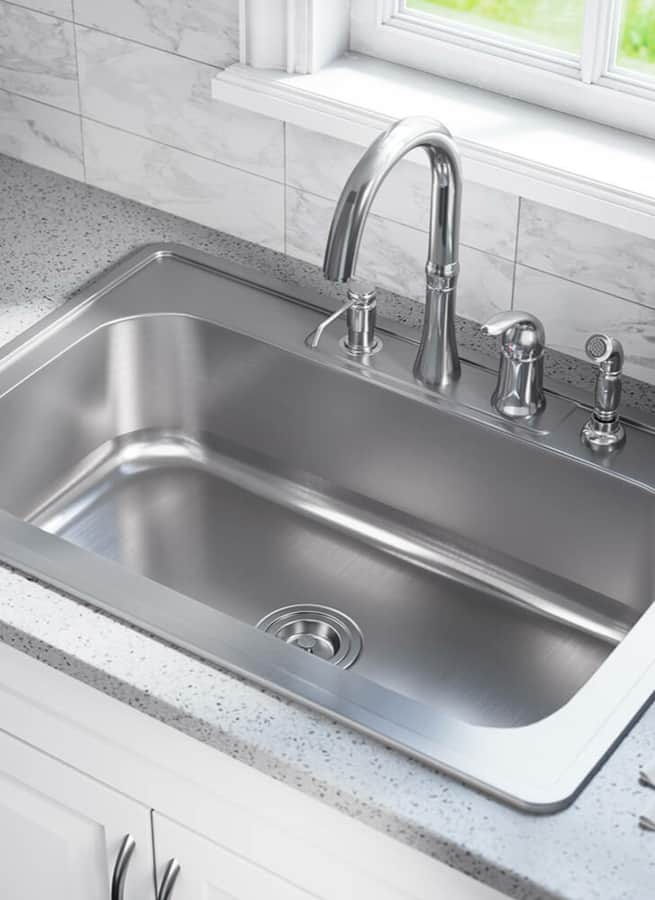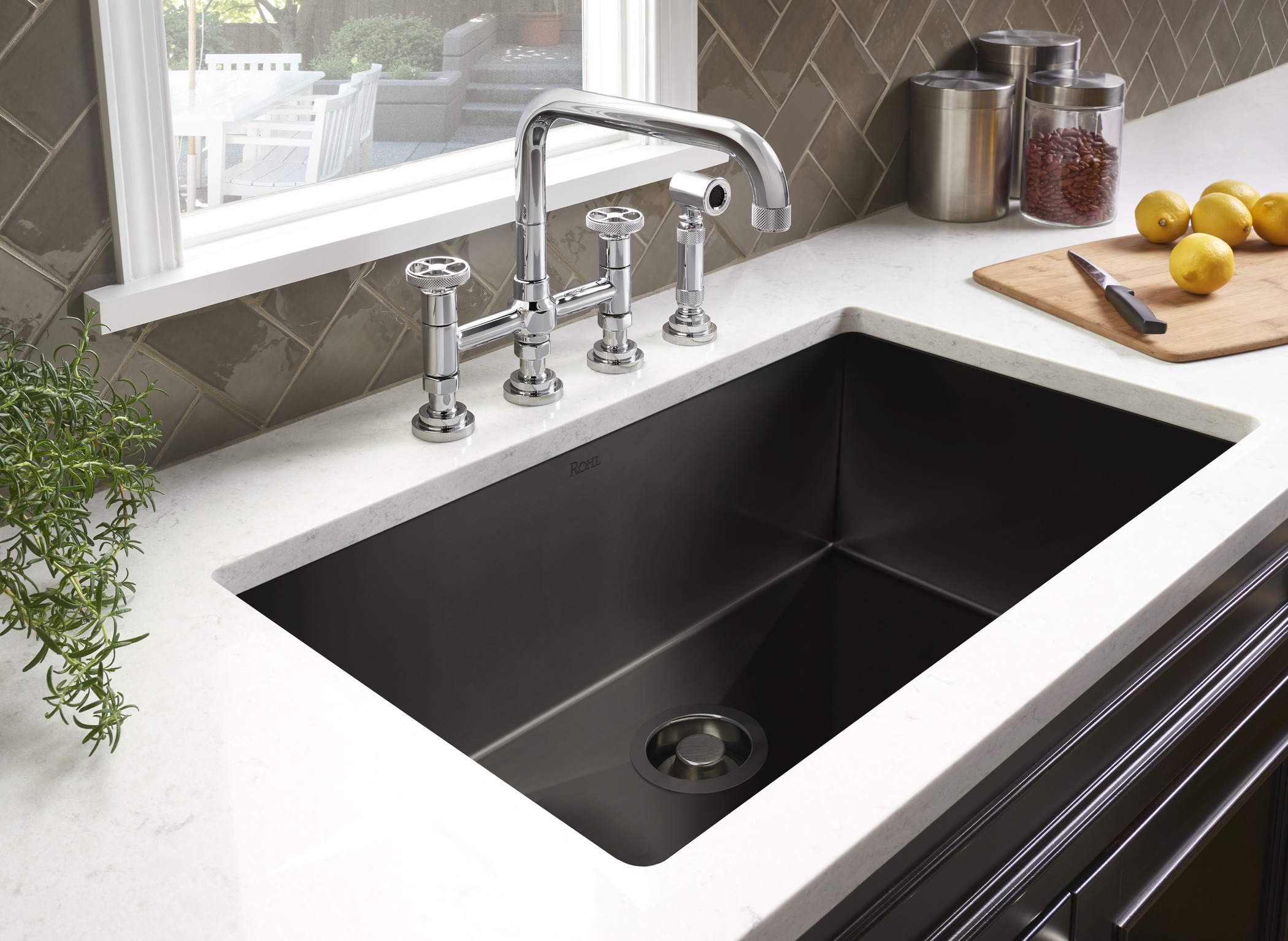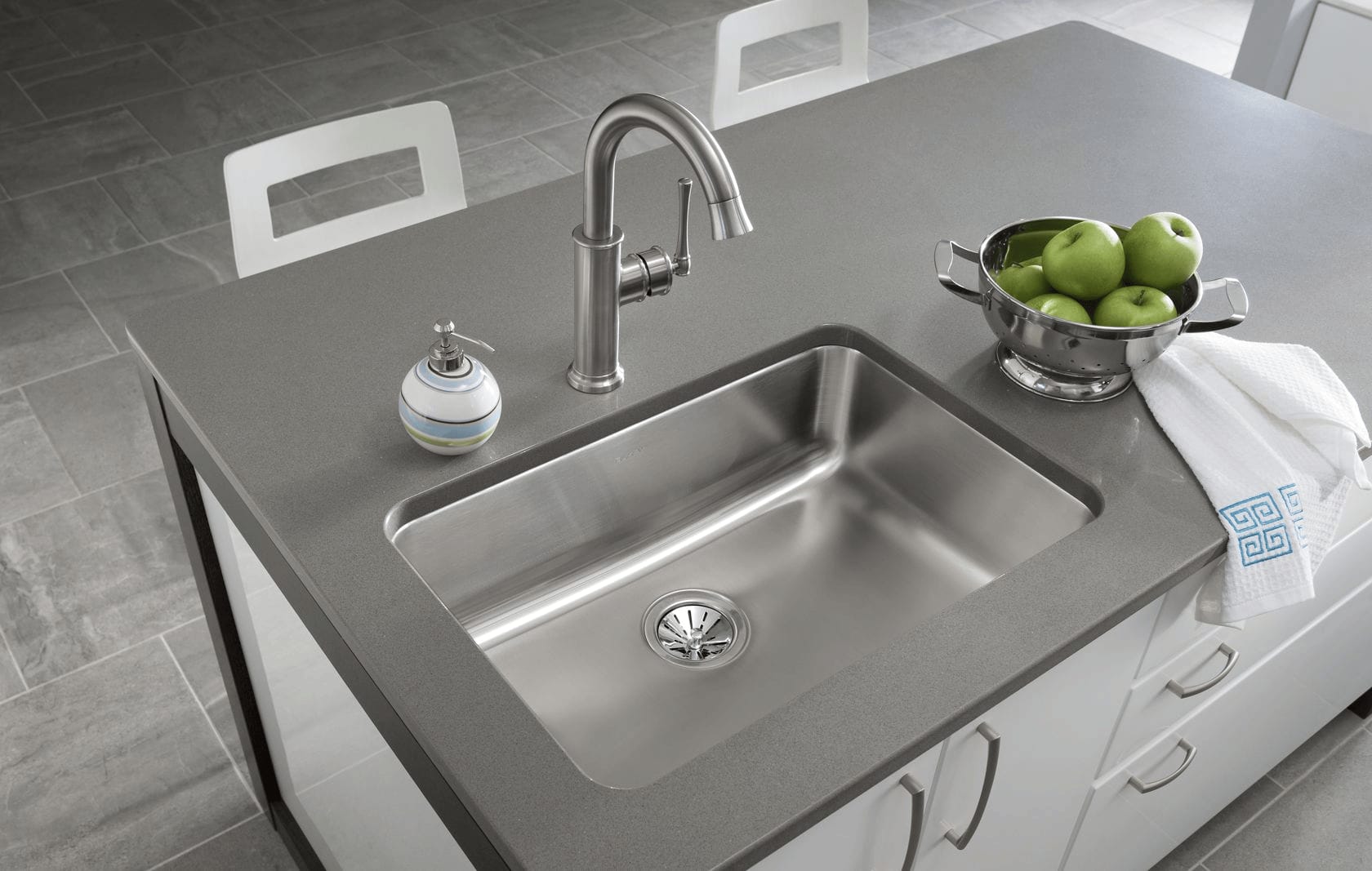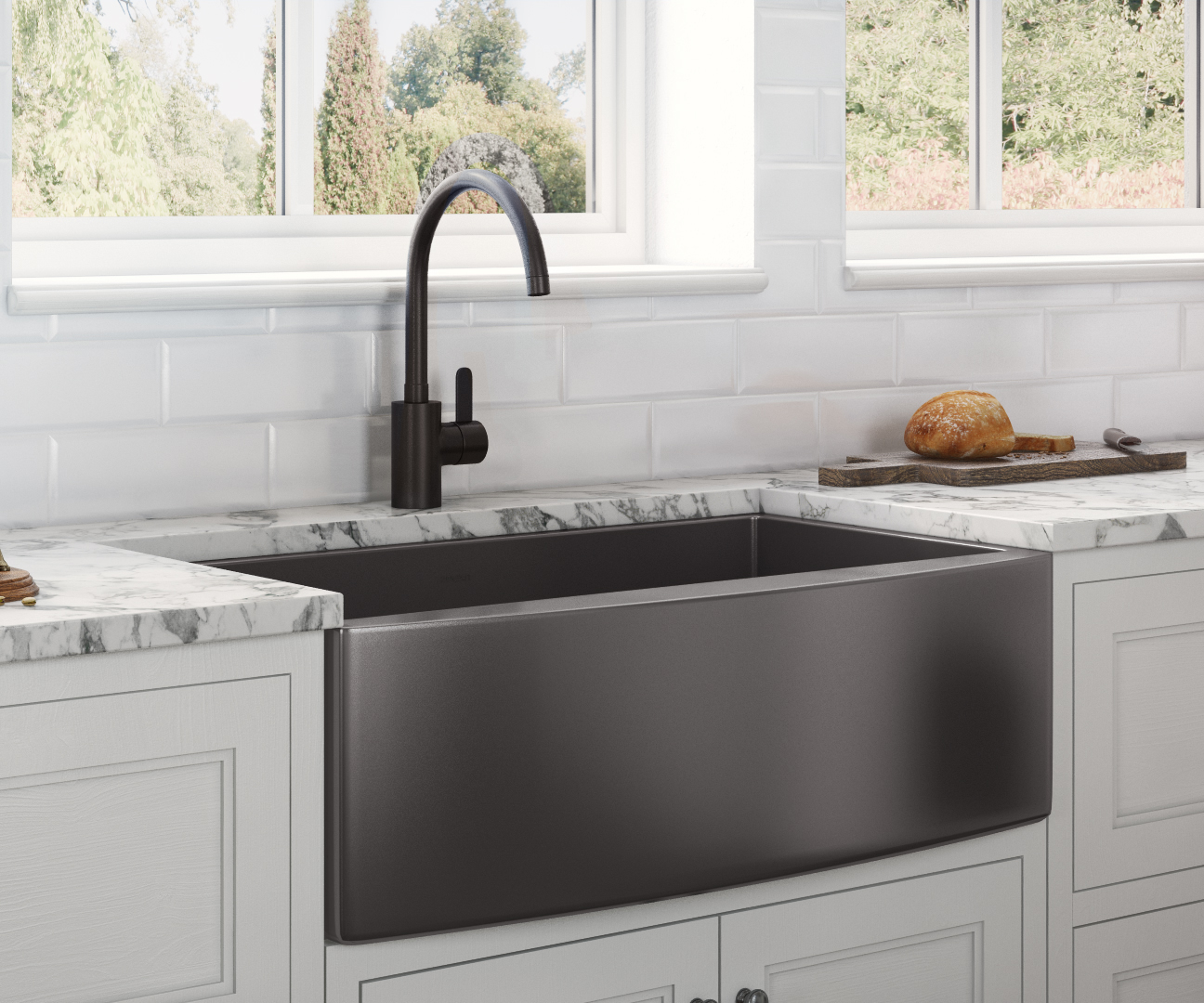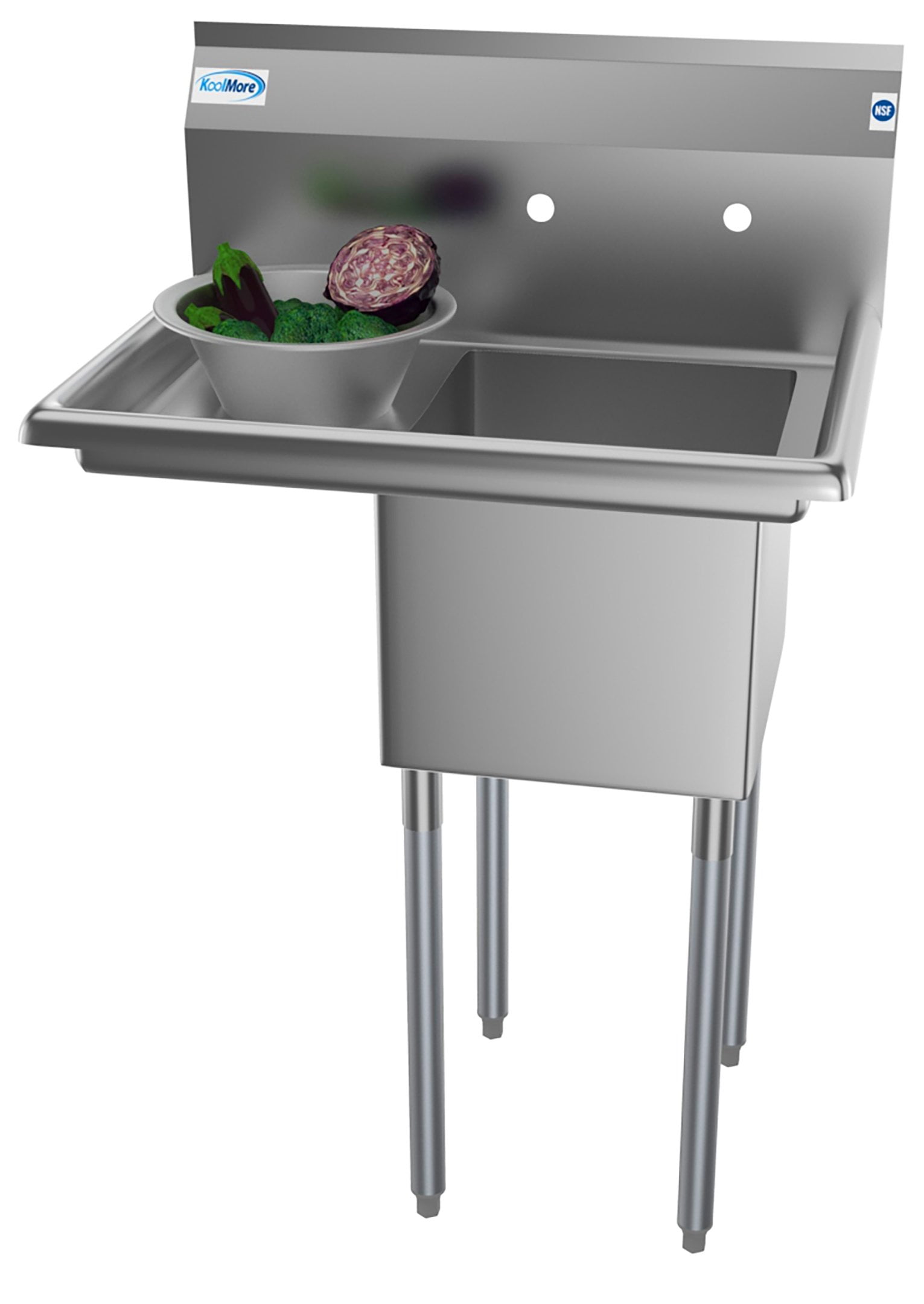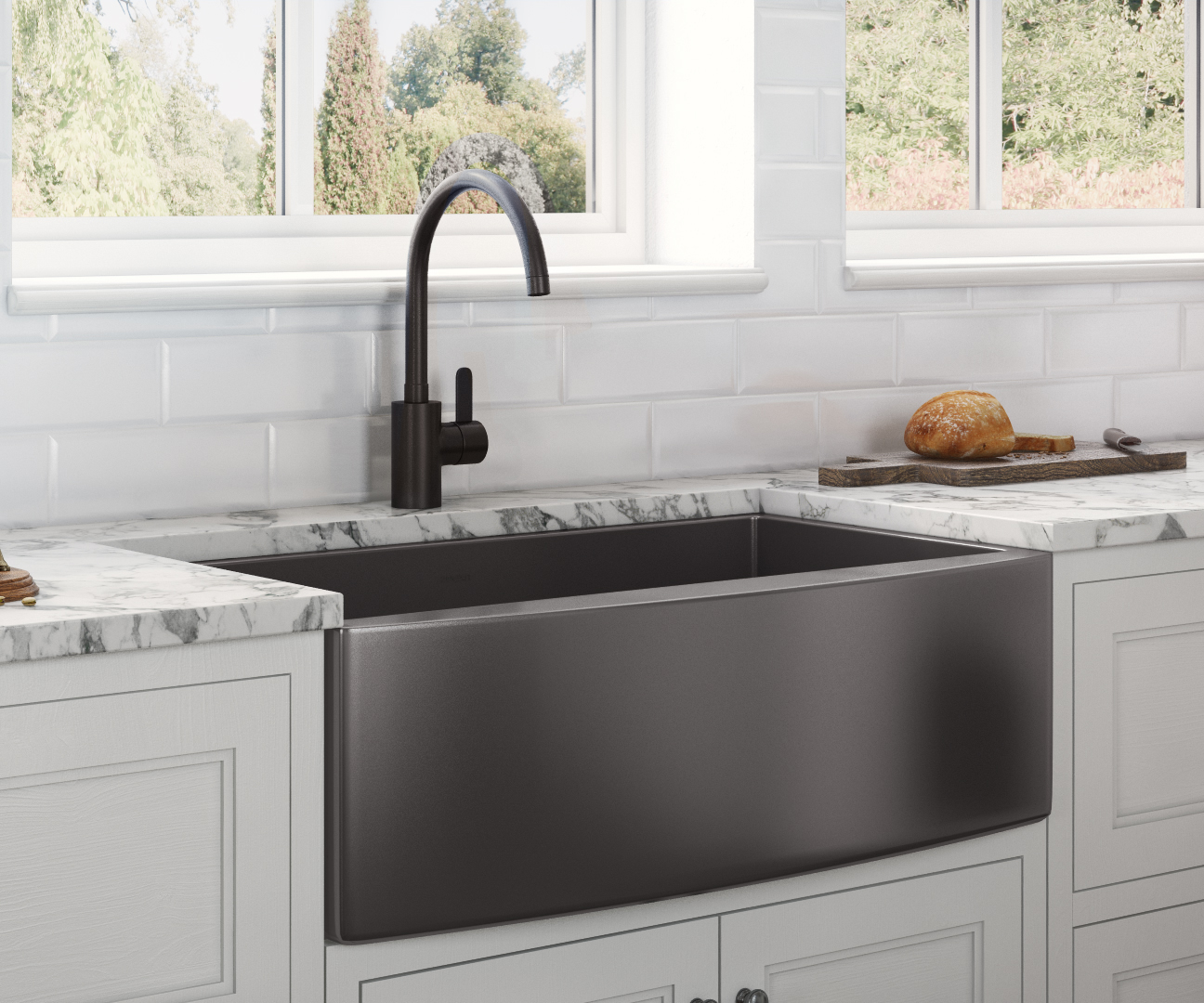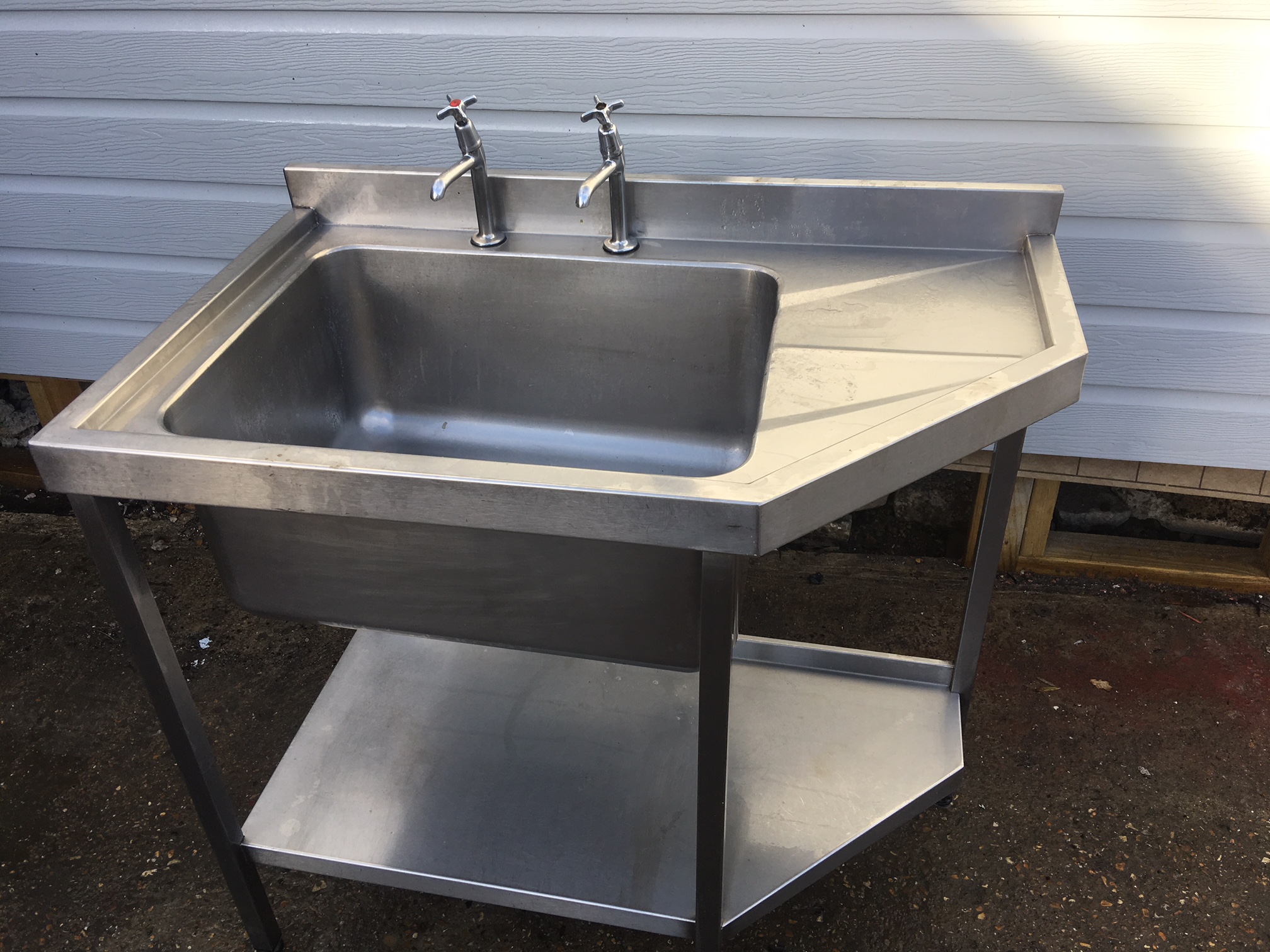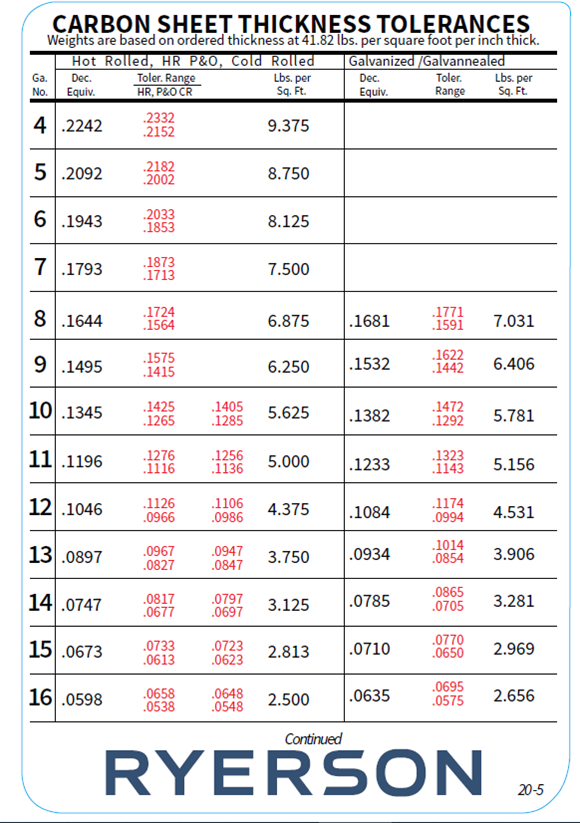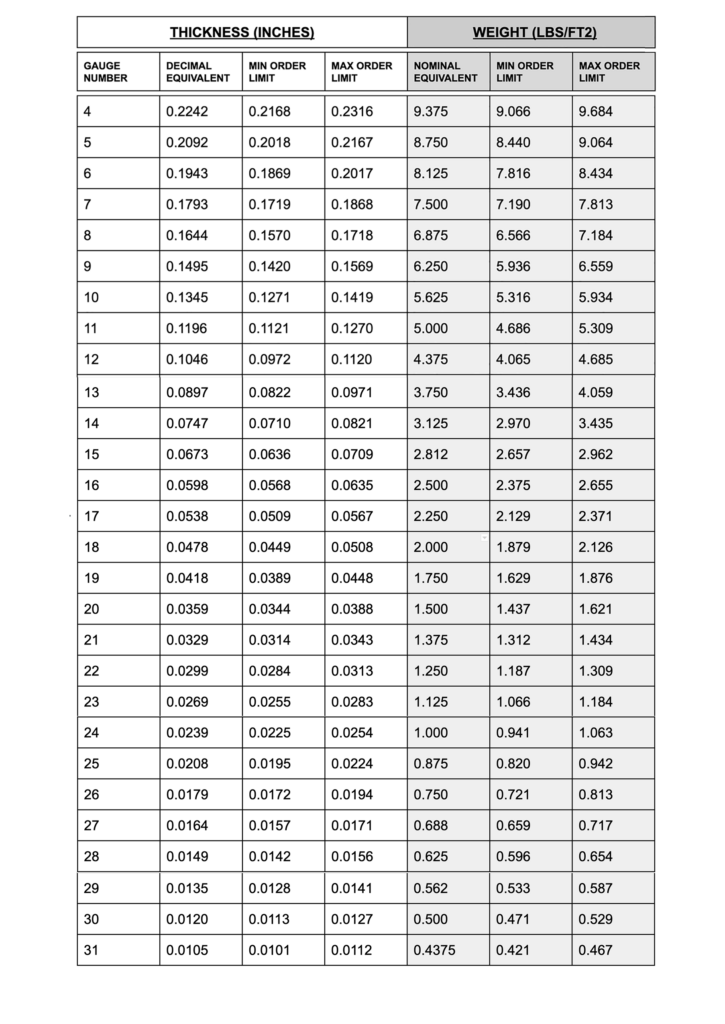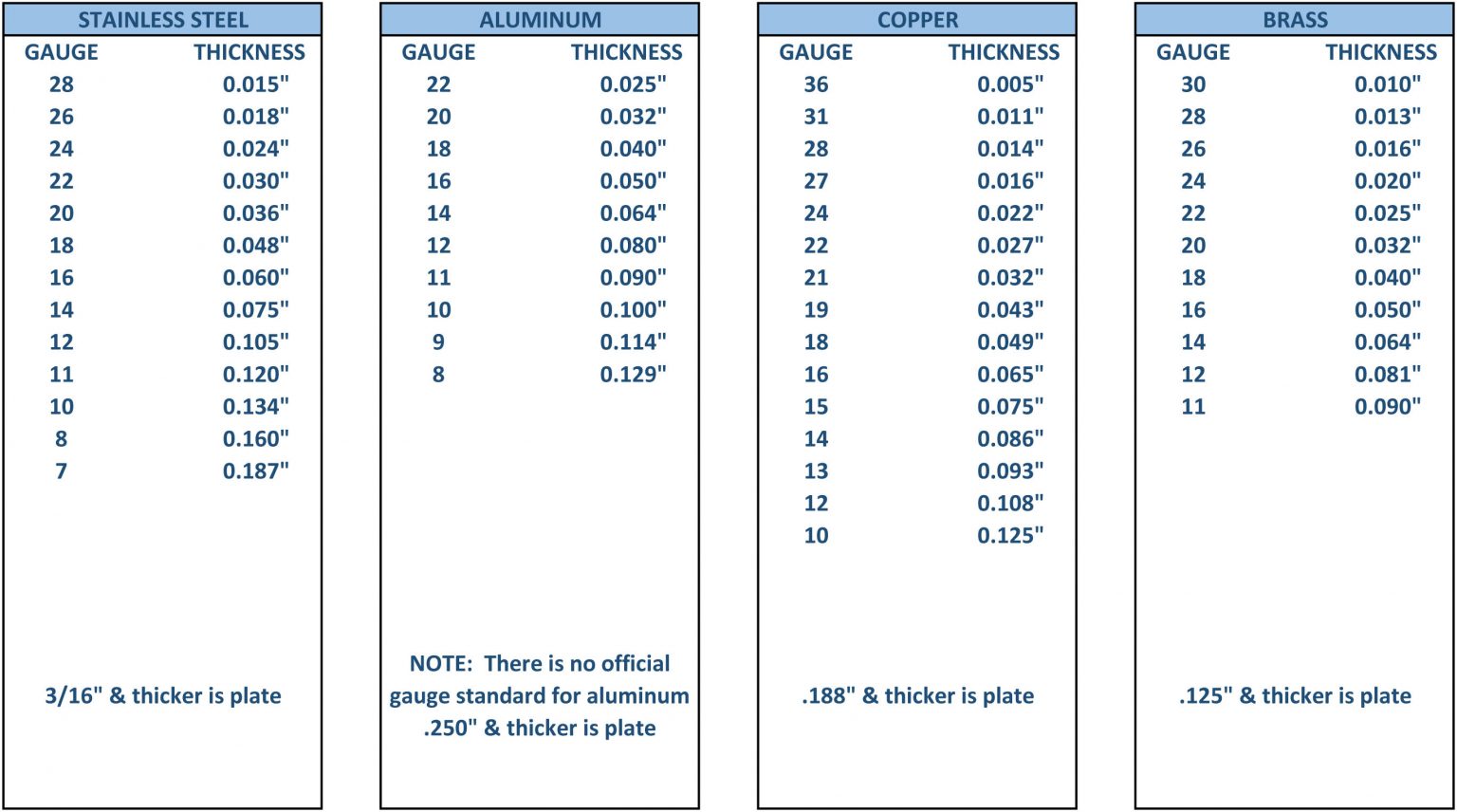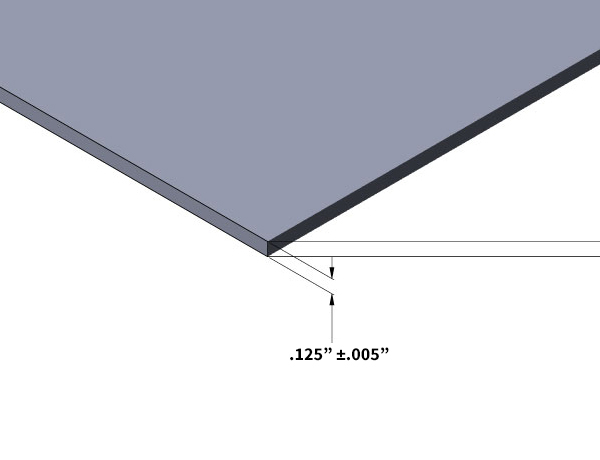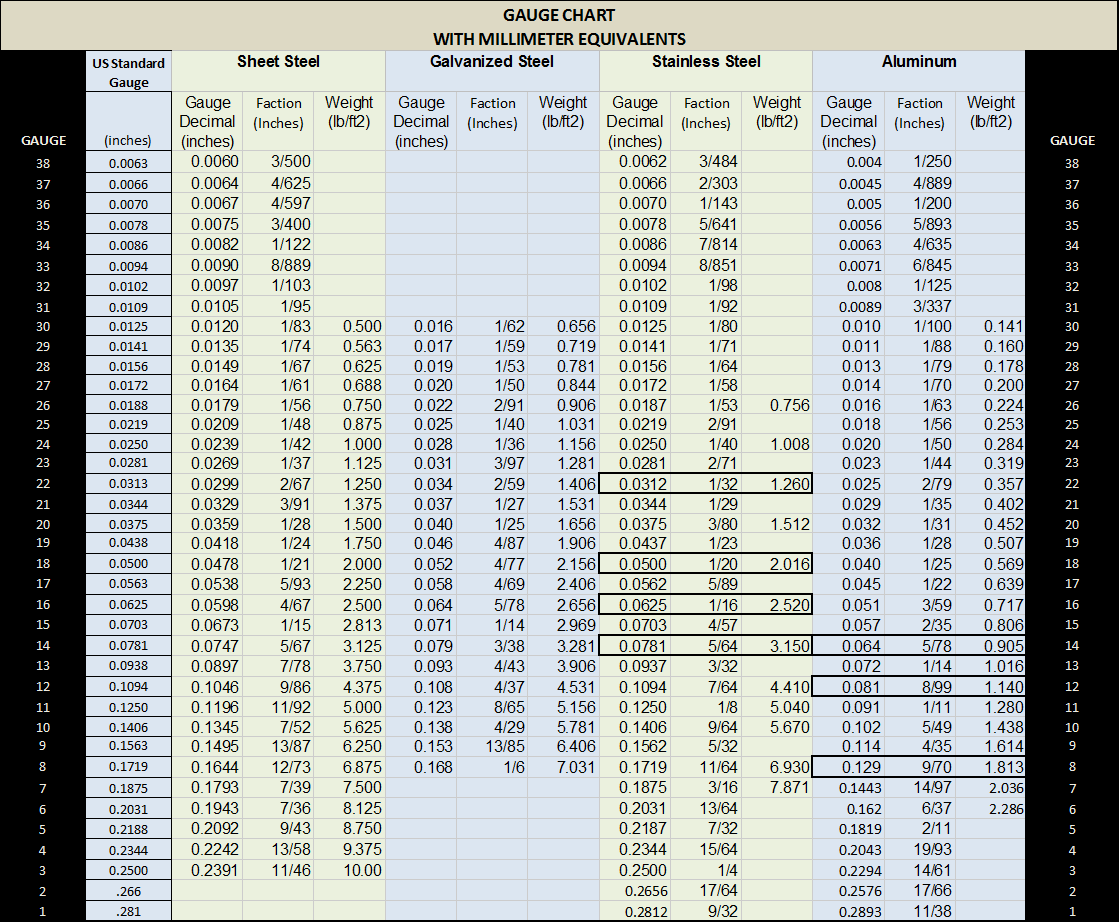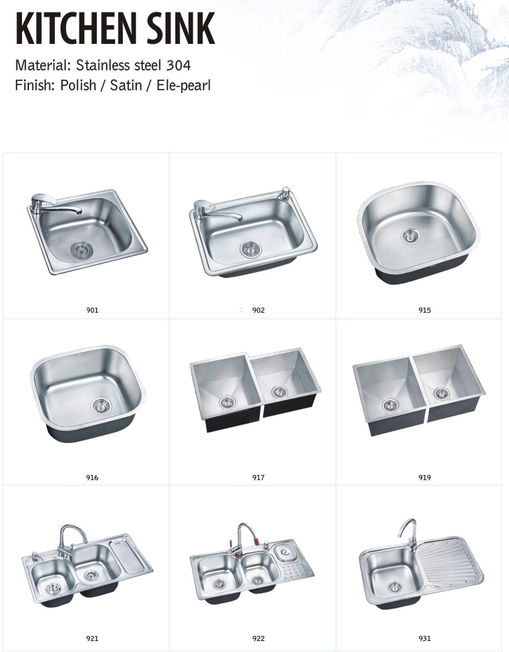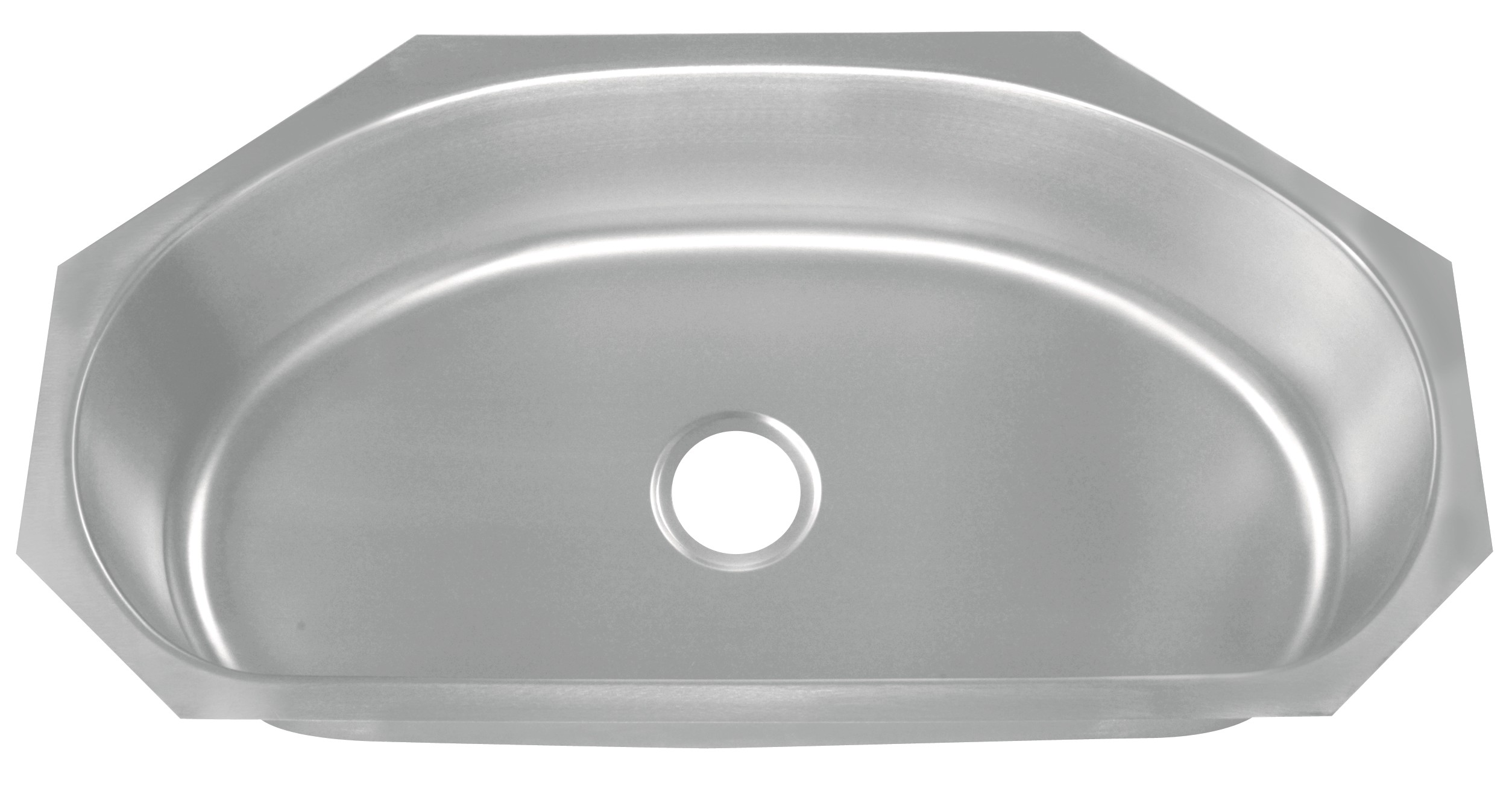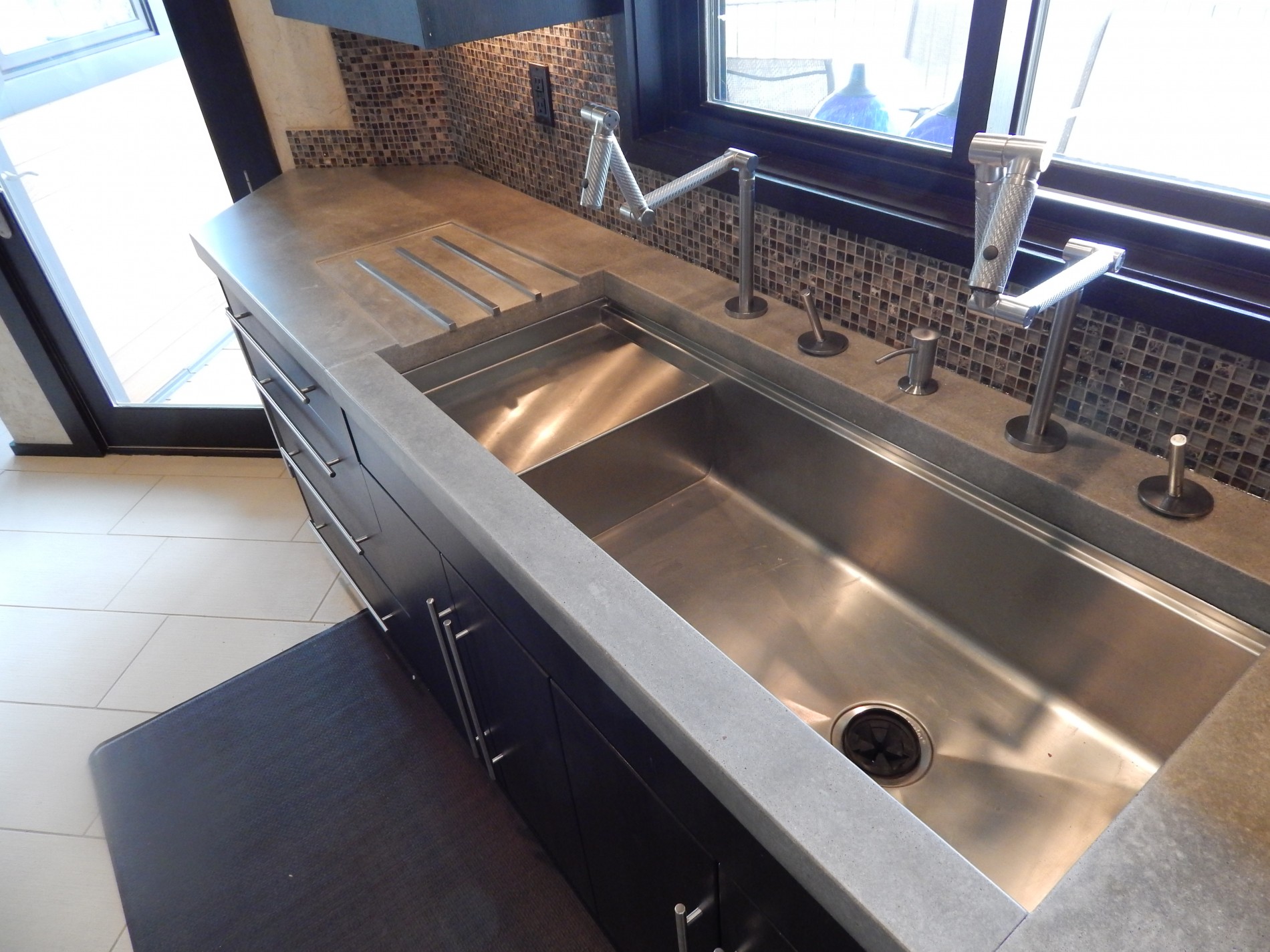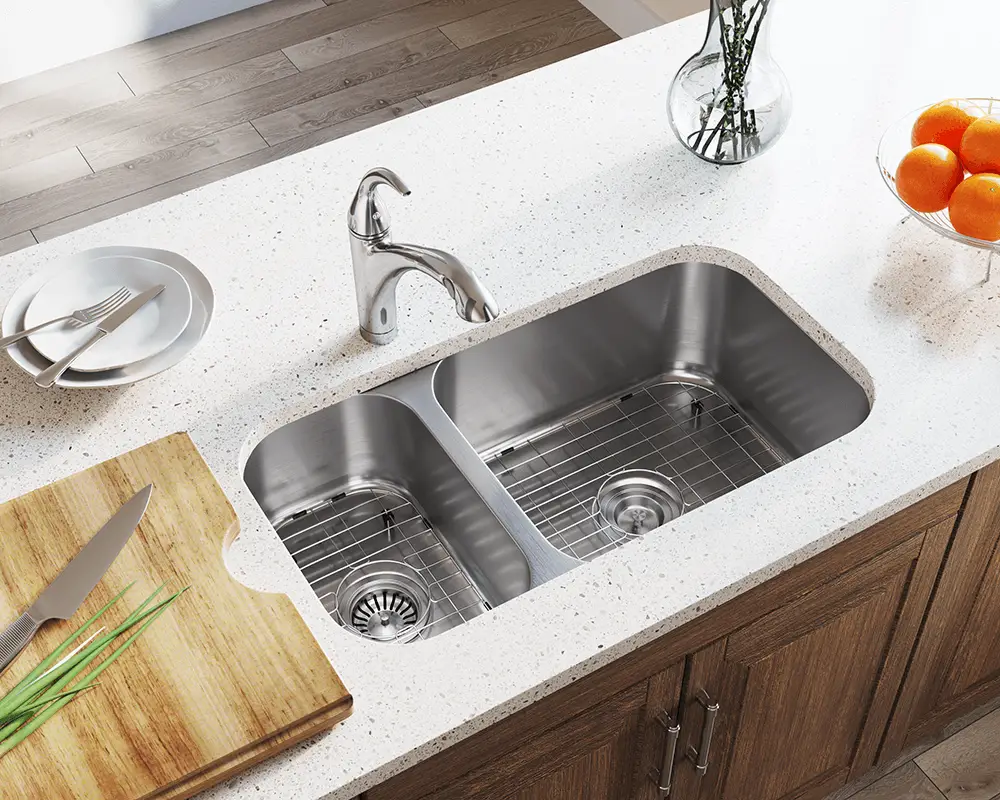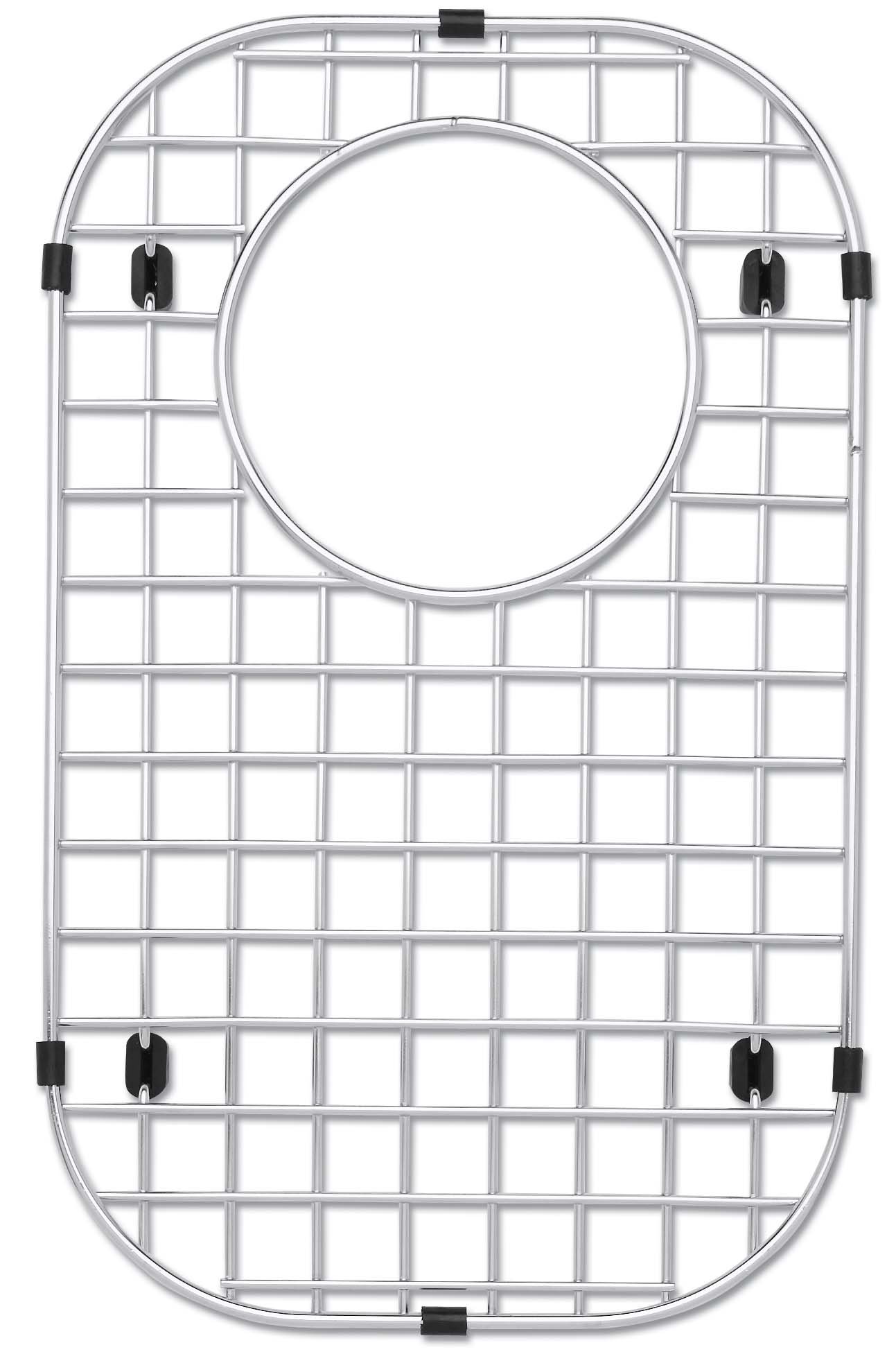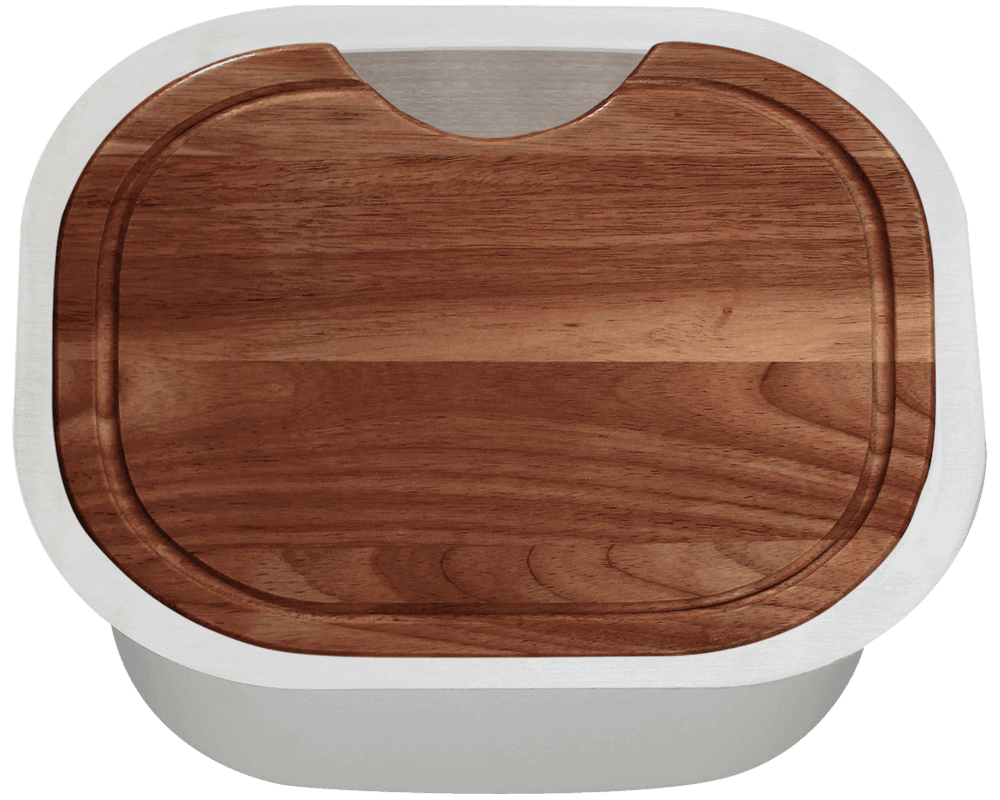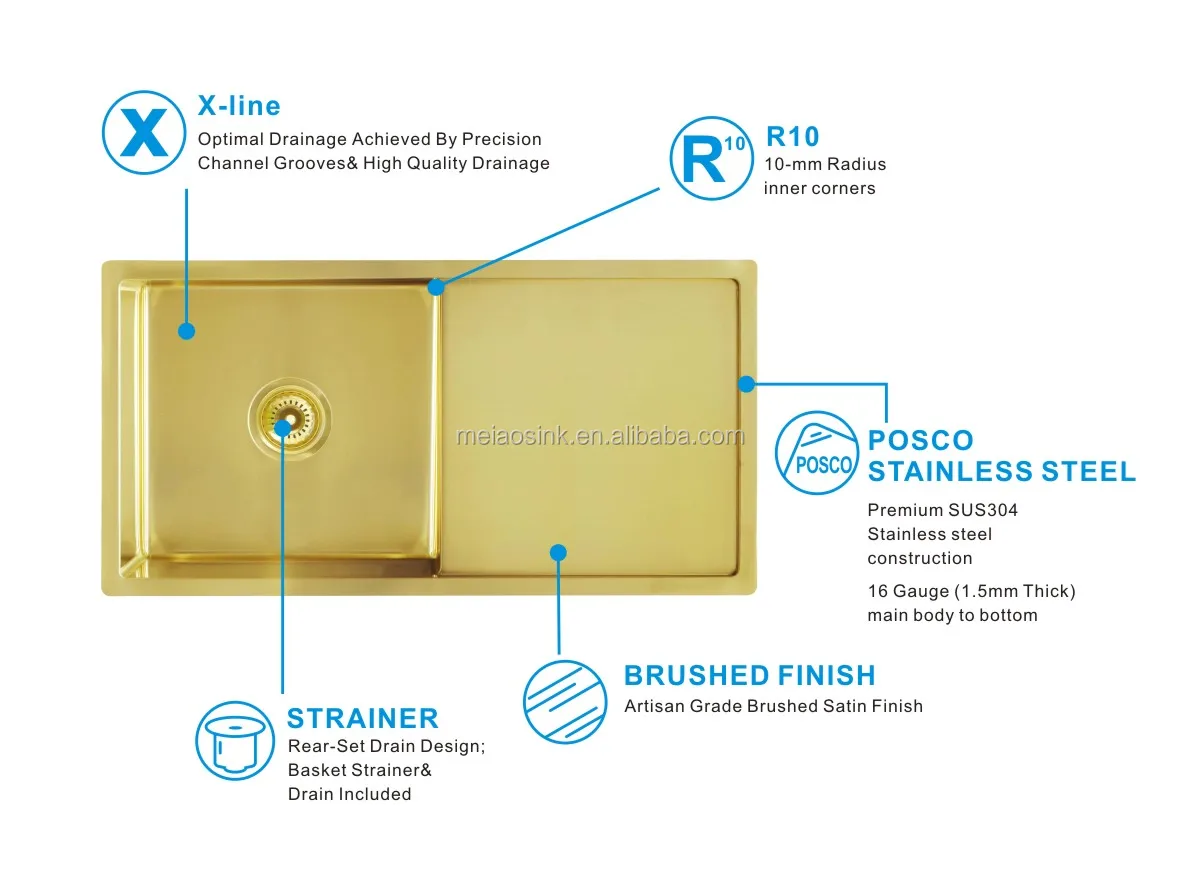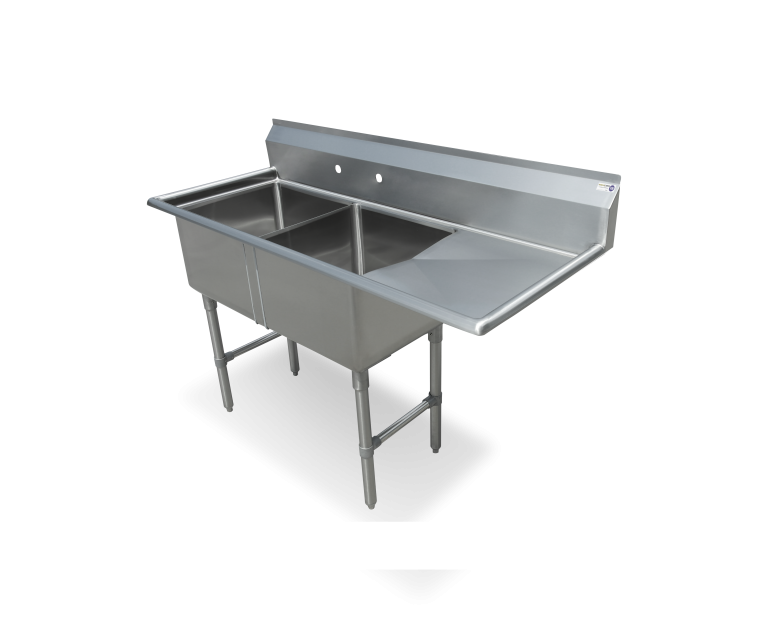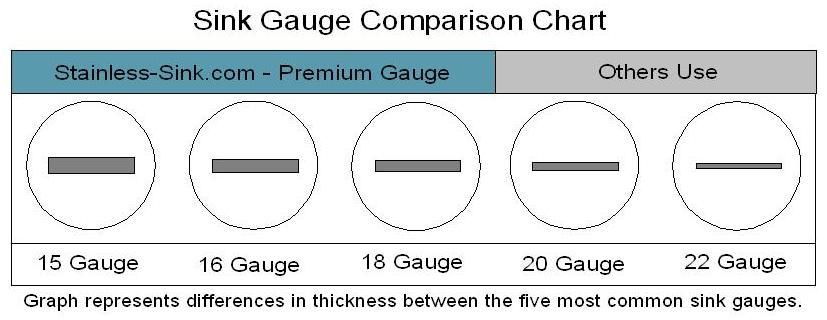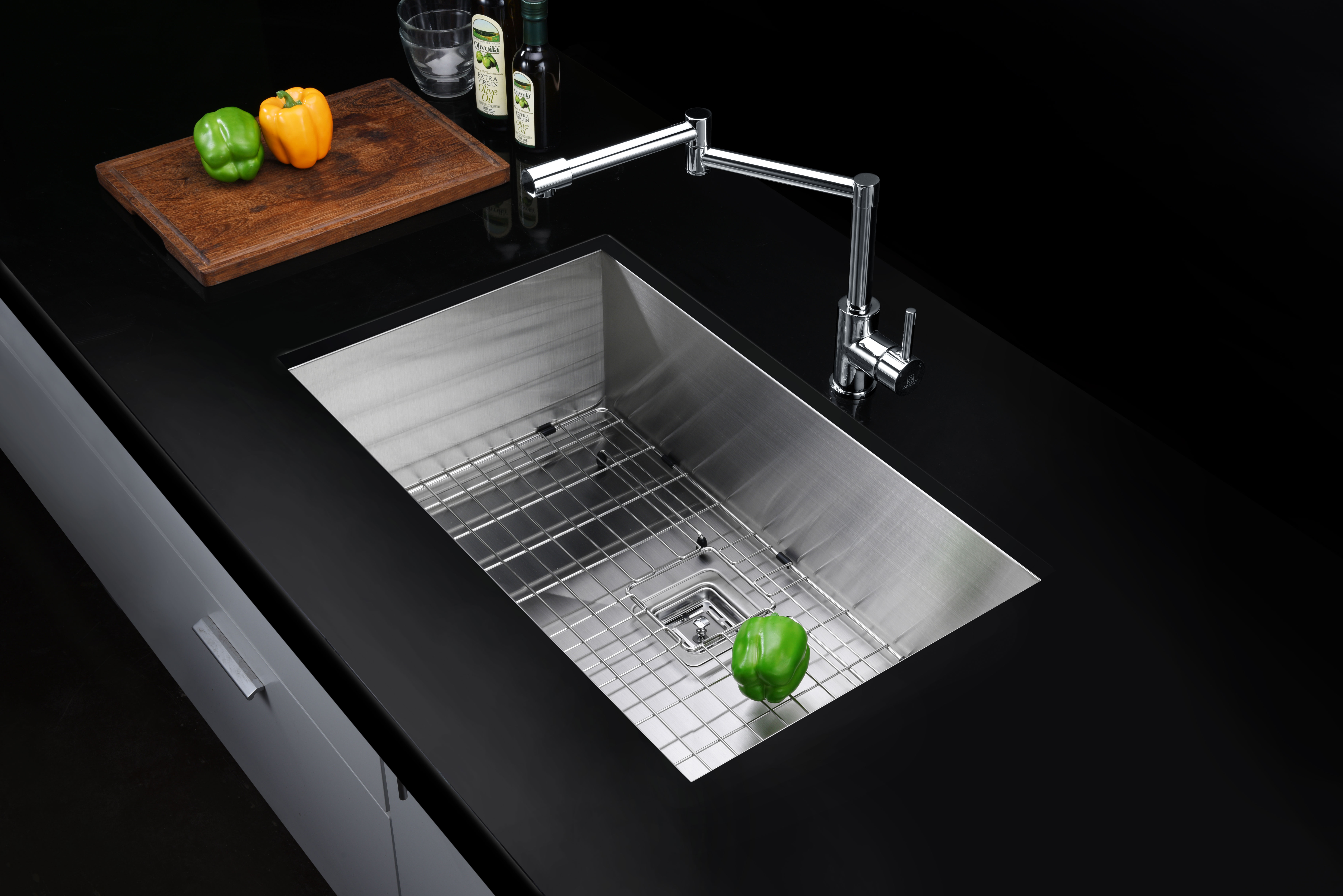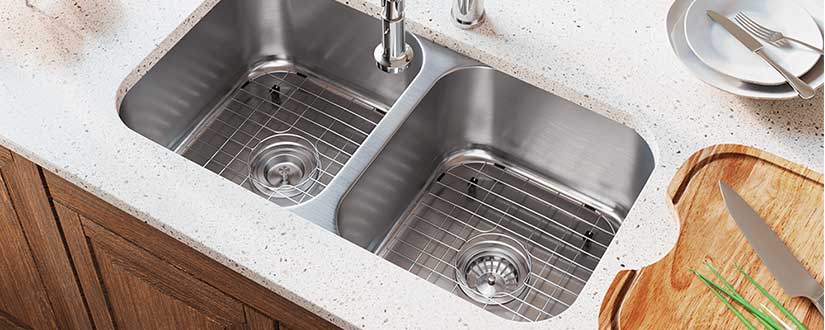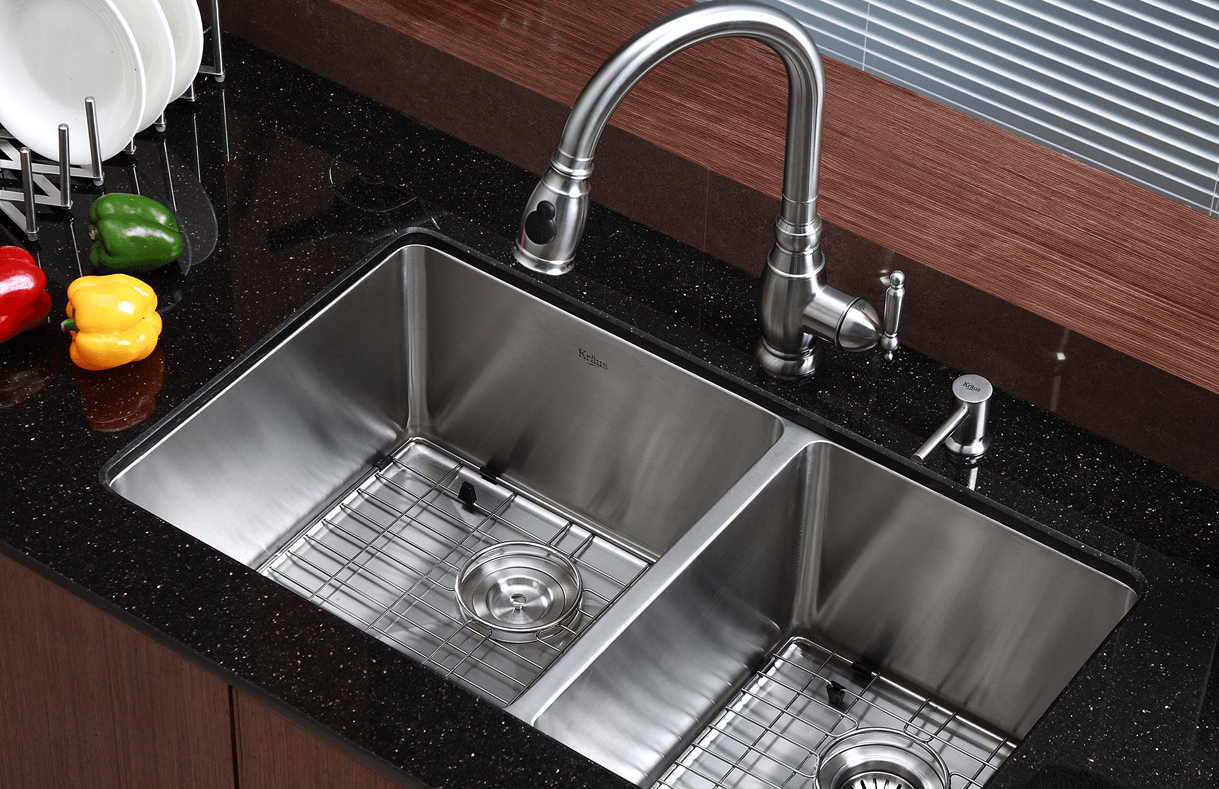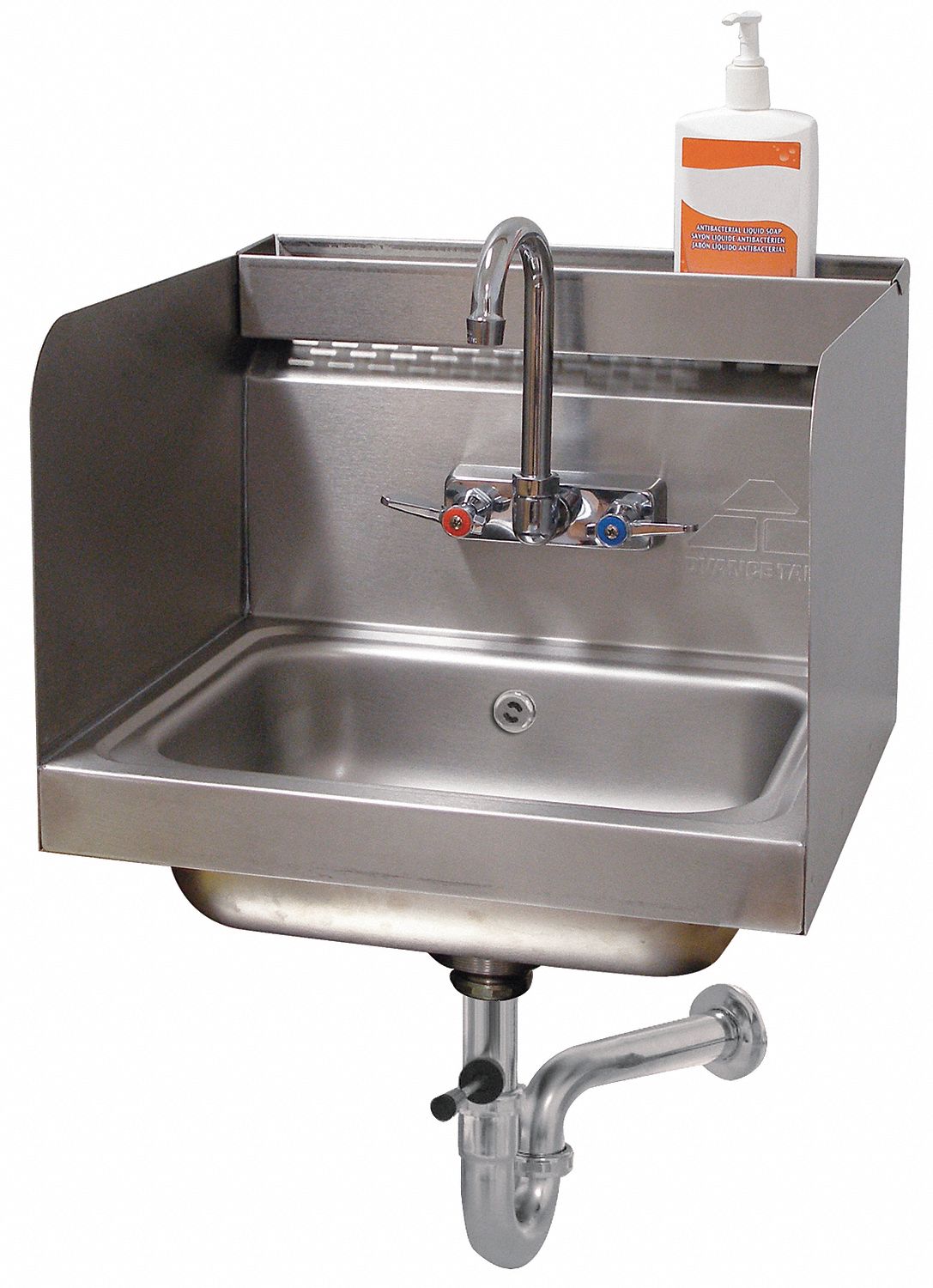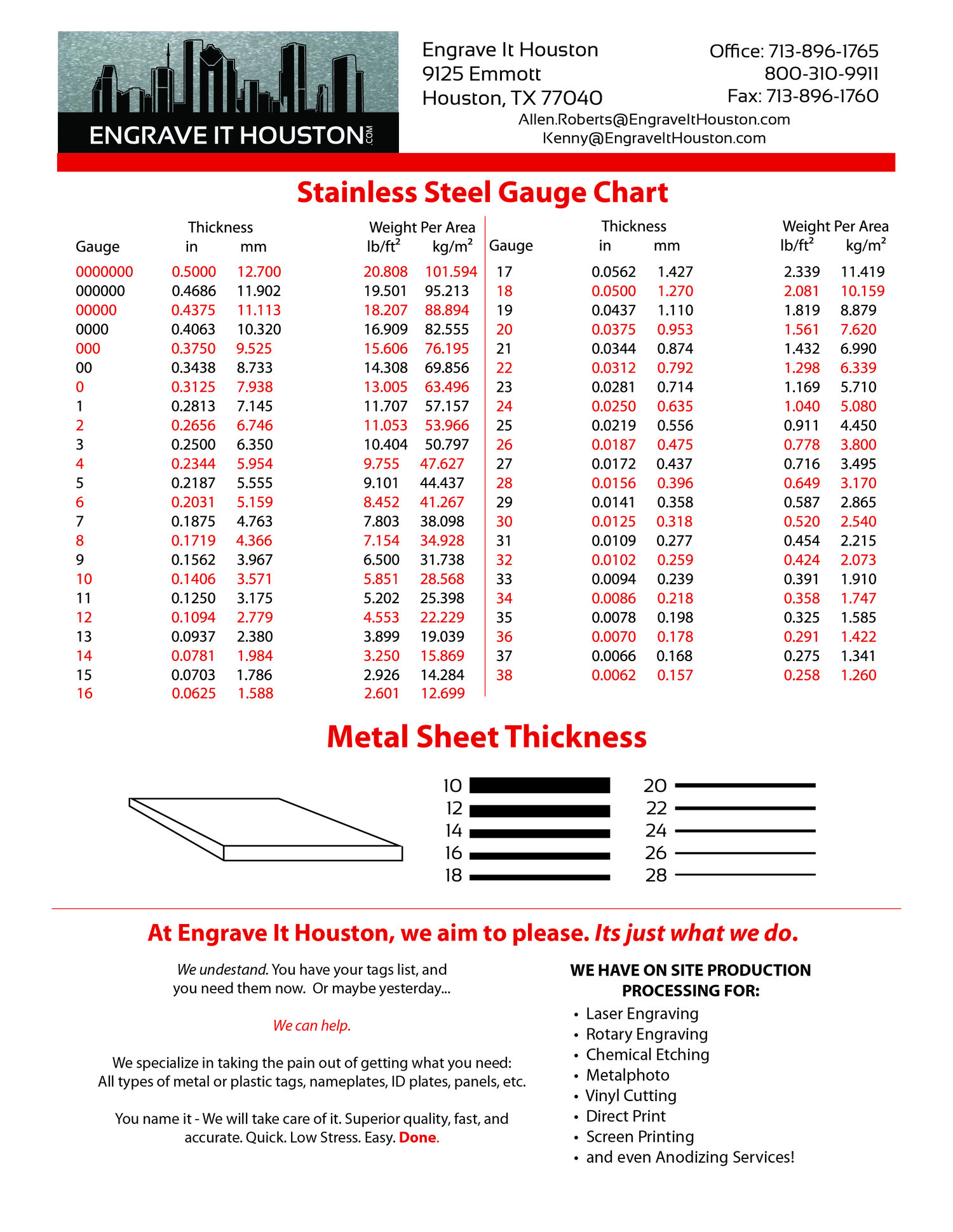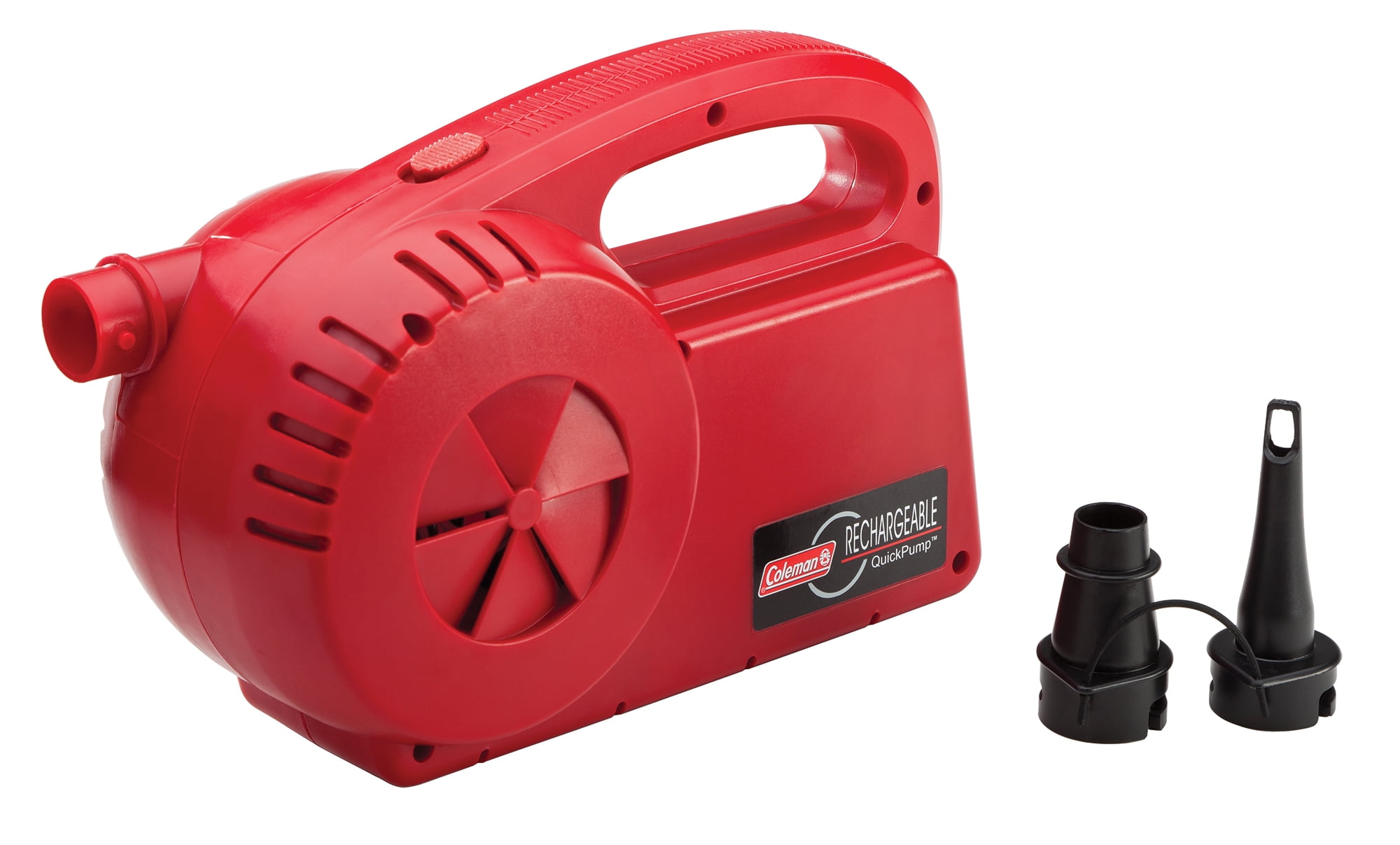When it comes to choosing a kitchen sink, there are many options available on the market. One popular choice that has stood the test of time is the stainless steel kitchen sink. With its durability, versatility, and stylish appearance, it's no wonder why stainless steel sinks remain a top choice for homeowners and designers alike.Stainless Steel Kitchen Sink: A Durable and Stylish Choice for Your Kitchen
Stainless steel sinks have been a staple in kitchens for decades, and for good reason. They offer a myriad of benefits that make them a smart choice for any kitchen. One of the most notable advantages is their durability. Stainless steel is a strong and resilient material that can withstand daily use and abuse without showing much wear and tear. Another benefit of stainless steel sinks is their resistance to stains and corrosion. This makes them perfect for busy kitchens where spills and messes are a common occurrence. With proper care, a stainless steel sink can maintain its shiny and sleek appearance for years to come. Additionally, stainless steel sinks are easy to clean and maintain. They have a smooth surface that doesn't harbor bacteria or germs, making them a hygienic option for food preparation and clean-up. And with a simple wipe down using a mild cleaner, your sink will look as good as new.Stainless Steel Sink: The Benefits of Choosing This Material
One aspect of stainless steel sinks that often confuses buyers is the thickness of the steel. This is commonly referred to as the gauge of the sink, with a lower number indicating a thicker steel. But what does this mean for you as a consumer? A thicker steel means a stronger and more durable sink. It also reduces the risk of dents and dings, which can be unsightly and difficult to repair. However, thicker steel also means a higher price tag. It's important to find a balance between thickness and budget to ensure you get a sink that will last without breaking the bank.Stainless Steel Thickness: What You Need to Know
When it comes to choosing the thickness of your kitchen sink, it's important to consider your usage and needs. If you have a busy household with a lot of cooking and cleaning, a thicker sink may be worth the investment. However, if you have a smaller household or a less active kitchen, a thinner sink may suffice. Another factor to consider is the size of your sink. Larger sinks may benefit from a thicker steel to prevent flexing and noise when in use. Smaller sinks, on the other hand, may not require as much strength and can be made from thinner steel without sacrificing durability.Kitchen Sink Thickness: Finding the Right Balance
As mentioned earlier, the gauge of a stainless steel sink refers to the thickness of the steel. The most common gauges for kitchen sinks are 18, 16, and 14, with 18 being the thinnest and 14 being the thickest. But what do these numbers actually mean? A higher gauge number means a thinner steel, while a lower gauge number means a thicker steel. So, an 18-gauge sink is thinner than a 16-gauge sink, and a 14-gauge sink is the thickest of the three. Keep in mind that these are general guidelines and not exact measurements, as the thickness can vary between manufacturers.Stainless Steel Kitchen Sink Gauge: Understanding the Numbers
When it comes down to it, the best gauge for your stainless steel sink will depend on your individual preferences and needs. As a general rule, 18-gauge sinks are more affordable and work well for light to moderate use. 16-gauge sinks are a popular choice for their balance of strength and affordability. And 14-gauge sinks are the thickest and most durable option, making them ideal for heavy use and larger sinks. It's important to keep in mind that the gauge is just one factor to consider when choosing a stainless steel sink. Other factors like the quality of the steel and the manufacturing process also play a role in the durability and performance of the sink.Stainless Steel Sink Gauge: Which One is Right for You?
In addition to thickness, it's also important to consider the dimensions of your kitchen sink. This includes the depth, width, and length of the sink. These dimensions will depend on the size of your kitchen and your specific needs. A deeper sink can accommodate larger pots and pans, but it may also be more difficult for shorter individuals to reach and clean. A wider sink provides more workspace, but it may take up more counter space. And a longer sink can be useful for washing and rinsing dishes, but it may not fit in smaller kitchens. It's important to measure your kitchen and consider your daily tasks to determine the best dimensions for your stainless steel sink. This will ensure that you get a sink that meets your needs and fits seamlessly into your kitchen.Kitchen Sink Dimensions: Finding the Perfect Fit
A stainless steel kitchen sink is a timeless and practical choice for any kitchen. With its durability, resistance to stains and corrosion, and ease of maintenance, it's no wonder why it remains a popular option for homeowners. When choosing a stainless steel sink, be sure to consider the thickness, gauge, and dimensions to find the perfect fit for your kitchen's needs and your budget.In Conclusion
Kitchen Sink Stainless Thickness: Choosing the Right Option for Your Kitchen Design

Why Stainless Steel is the Preferred Material for Kitchen Sinks
 When it comes to designing a kitchen, every detail counts. From the cabinets to the countertops, homeowners want to ensure that their kitchen is not only functional but also visually appealing. One of the most important elements of a kitchen is the sink, and the material used for the sink can make a big difference in both its appearance and durability. That's why many homeowners opt for
stainless steel
sinks, and for good reason.
Stainless steel has been a popular choice for kitchen sinks for many years, and for good reason. It is a highly durable material that can withstand daily use and the wear and tear of a busy kitchen. It is also resistant to stains and corrosion, making it a hygienic choice for a space where food prep and clean-up take place. Additionally, stainless steel is a versatile material that can easily be molded into different shapes and sizes, allowing for a variety of sink designs to fit any kitchen layout.
When it comes to designing a kitchen, every detail counts. From the cabinets to the countertops, homeowners want to ensure that their kitchen is not only functional but also visually appealing. One of the most important elements of a kitchen is the sink, and the material used for the sink can make a big difference in both its appearance and durability. That's why many homeowners opt for
stainless steel
sinks, and for good reason.
Stainless steel has been a popular choice for kitchen sinks for many years, and for good reason. It is a highly durable material that can withstand daily use and the wear and tear of a busy kitchen. It is also resistant to stains and corrosion, making it a hygienic choice for a space where food prep and clean-up take place. Additionally, stainless steel is a versatile material that can easily be molded into different shapes and sizes, allowing for a variety of sink designs to fit any kitchen layout.
Understanding Stainless Steel Thickness for Kitchen Sinks
 While stainless steel is a top choice for kitchen sinks, not all stainless steel sinks are created equal. One of the most important factors to consider when choosing a stainless steel sink is the
thickness
of the steel. Stainless steel sinks are typically measured in gauge, with a lower gauge indicating a thicker and stronger material. The most common gauges for stainless steel sinks range from 18 to 22, with 18 gauge being the thickest and most durable option.
While stainless steel is a top choice for kitchen sinks, not all stainless steel sinks are created equal. One of the most important factors to consider when choosing a stainless steel sink is the
thickness
of the steel. Stainless steel sinks are typically measured in gauge, with a lower gauge indicating a thicker and stronger material. The most common gauges for stainless steel sinks range from 18 to 22, with 18 gauge being the thickest and most durable option.
The Benefits of Choosing the Right Stainless Steel Thickness
 So, why does the thickness of stainless steel matter when it comes to kitchen sinks? For starters, a thicker gauge means a stronger and more durable sink that can withstand heavy use and resist denting. Thicker steel also means better sound insulation, making for a quieter sink when in use. Additionally, a thicker stainless steel sink will have a higher weight capacity, allowing it to hold heavier pots and pans without bending or warping.
In terms of appearance, a thicker stainless steel sink will have a more substantial and luxurious look, adding to the overall aesthetic of the kitchen. It will also have a smoother and more polished finish, making it easier to clean and maintain. While thinner gauges may be more budget-friendly, investing in a thicker gauge stainless steel sink can save homeowners money in the long run, as it will last longer and require less maintenance.
In conclusion, when it comes to designing your dream kitchen, don't overlook the importance of choosing the right
kitchen sink stainless thickness
. Consider your budget, usage needs, and desired aesthetic to determine the best gauge for your stainless steel sink. With the right thickness, you can enjoy a durable, functional, and stylish kitchen sink for years to come.
So, why does the thickness of stainless steel matter when it comes to kitchen sinks? For starters, a thicker gauge means a stronger and more durable sink that can withstand heavy use and resist denting. Thicker steel also means better sound insulation, making for a quieter sink when in use. Additionally, a thicker stainless steel sink will have a higher weight capacity, allowing it to hold heavier pots and pans without bending or warping.
In terms of appearance, a thicker stainless steel sink will have a more substantial and luxurious look, adding to the overall aesthetic of the kitchen. It will also have a smoother and more polished finish, making it easier to clean and maintain. While thinner gauges may be more budget-friendly, investing in a thicker gauge stainless steel sink can save homeowners money in the long run, as it will last longer and require less maintenance.
In conclusion, when it comes to designing your dream kitchen, don't overlook the importance of choosing the right
kitchen sink stainless thickness
. Consider your budget, usage needs, and desired aesthetic to determine the best gauge for your stainless steel sink. With the right thickness, you can enjoy a durable, functional, and stylish kitchen sink for years to come.
